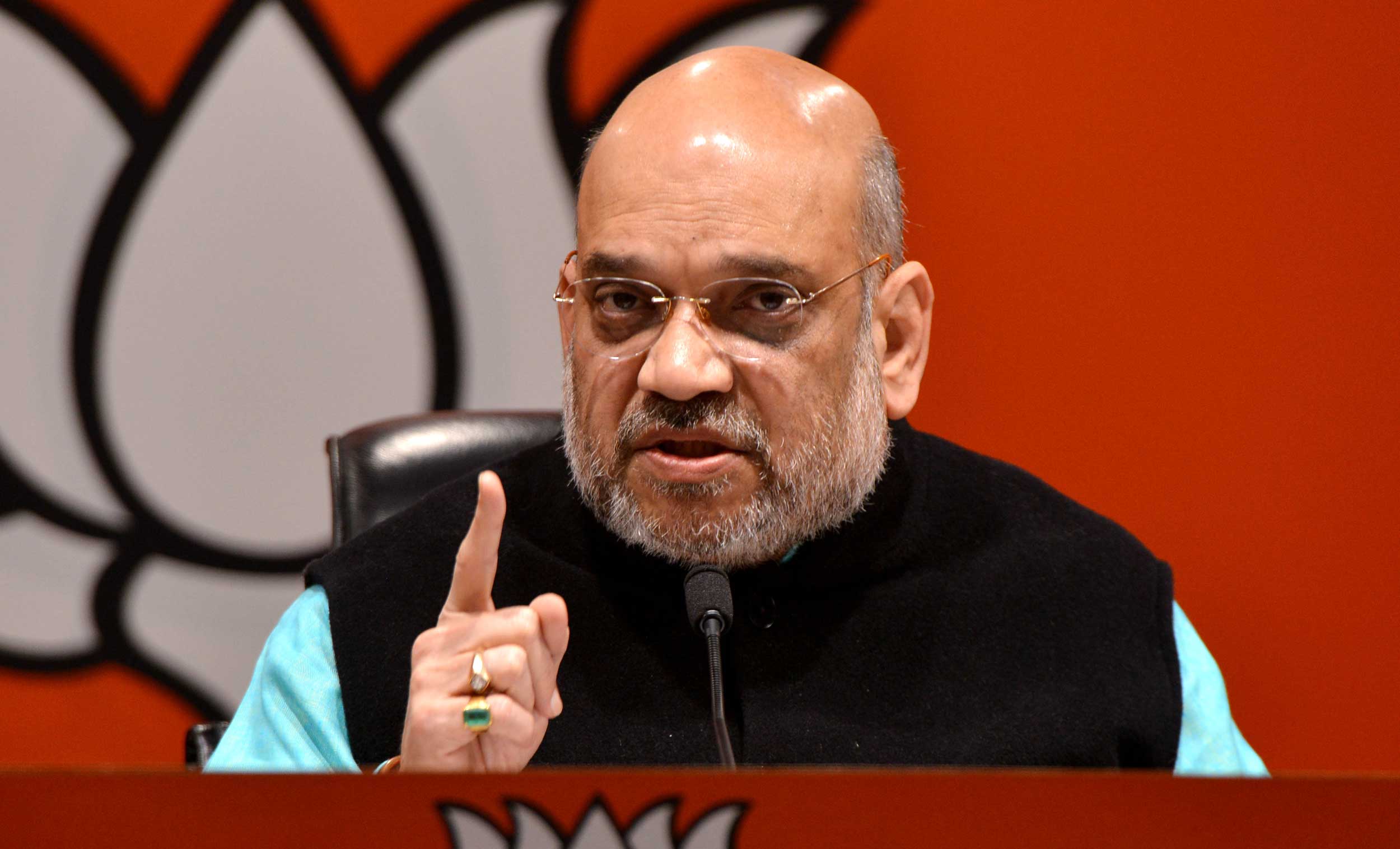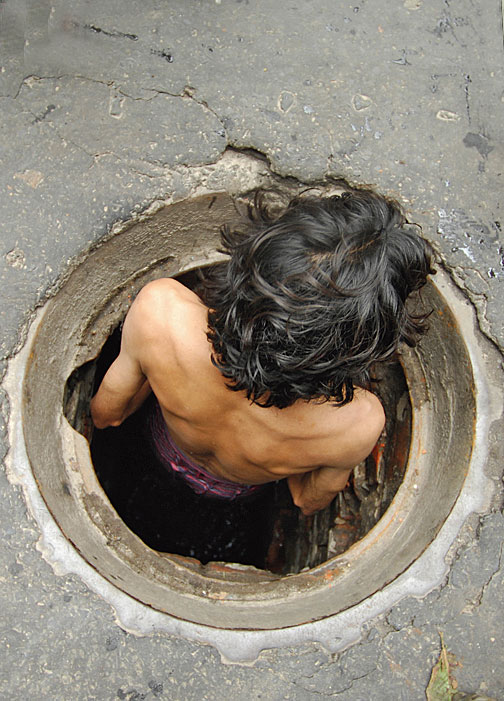It is funny how impressive the declaration of virtue can be. Who would doubt the Union home minister, Amit Shah, when he celebrates the ceaseless efforts of the Narendra Modi government to make every single feature of government transparent? All citizens need is to refer to the ‘dashboard’ provided by government portals to check, say, how many toilets have been built under the Swachh Bharat programme, or when an individual may get electricity or cooking gas under government schemes. Mr Shah said at the 14th anniversary of the Right to Information Act that with such a transparent government the RTI Act would be needed far less. Although the Act has fulfilled its function of creating public trust in the system, the new sign of transparency will not be its widespread use, but its absence. The persuasiveness of this argument may distract attention from the fact that what the government wishes to make transparent, to go by the examples reportedly mentioned by the home minister, relate to its own schemes and to citizens’ places in those schemes. But the citizens’ right to know, codified in the RTI Act after a long struggle, has to do with perceptions of injustice, discrimination and corruption, among other things. Their knowledge cannot be limited to what the government puts on its dashboards. The home minister’s evident soft-pedalling of what he sees as the growing irrelevance of the RTI Act barely disguises the Bharatiya Janata Party-led government’s resistance to the people’s right to know anything beyond the government-set syllabus. The home ministry, for example, reportedly answered an RTI query into the shutdown in Jammu and Kashmir by saying that it has no knowledge of orders to detain politicians or suspend communications or transport there.
The amendment to the RTI Act that was pushed through Parliament earlier this year allows the government to decide the tenure and salaries of Central and state information commissioners, thus subverting their independence. Mr Shah’s speech, perhaps the next step, suggested that people should be made aware that the RTI Act is not needed any more: apparently the BJP-led government would like to rob people of their right, but quietly. Accompanying such blandishments is the apathy in filling the vacancies in commissioners’s posts, thus allowing RTI cases to pile up. Perhaps the Centre hopes that RTI procedures will simply grind to a halt on their own.











